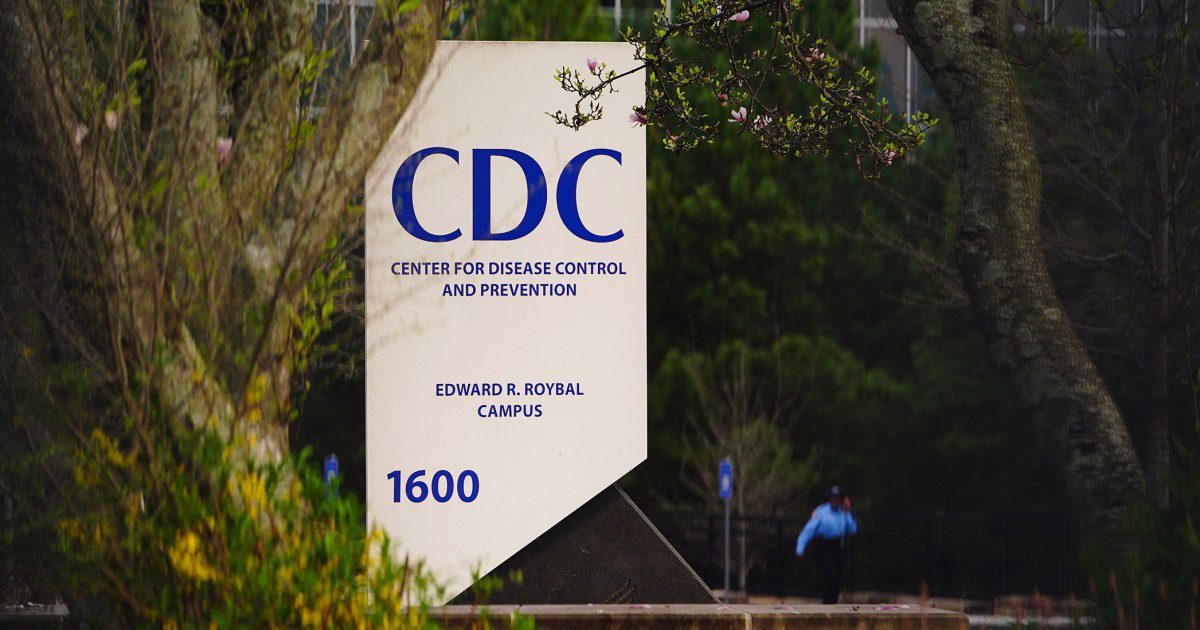
On Saturday, the Trump administration announced the termination of hundreds of employees at the Centers for Disease Control and Prevention (CDC), including fellows who hold crucial public health positions. This information came from two CDC sources who requested anonymity due to concerns over possible retaliation.
Among those let go were approximately two dozen members of the Laboratory Leadership Service (LLS). This specialized group is instrumental in training public health laboratory personnel and aiding in outbreak response initiatives. Launched in 2015, the two-year fellowship program emphasizes laboratory safety and compliance with regulatory standards.
A current fellow, who was among those terminated, shared with NBC News a new motto for the LLS: “the disease detectors.” The fellow stated, “If you’re not testing, you don’t know what disease is there.”
The termination emails sent to LLS employees on Saturday evening cited poor performance as the reason for the layoffs. However, a midlevel CDC official contradicted this, noting that most affected individuals had received “excellent” performance reviews.
News reports indicate that another key program at the CDC, the Epidemic Intelligence Service (EIS)—often referred to as the agency’s “disease detectives”—was also facing significant cuts. As of Sunday, though, the two officials who spoke to NBC News reported that they had not learned of any firings involving EIS, with a senior official confirming that all planned terminations had been communicated by that time.
“Even if EIS is not affected, several other fellowships have been cut, undermining the development of the next generation of public health leaders at the CDC,” remarked a senior official. “We are being crippled, which will have long-term repercussions on public health.”
In addition to the LLS, other affected programs included the Presidential Management Fellows and the Public Health Associate Program, which places fellows in local health agencies.
The termination process has been fraught with confusion and a lack of transparency.
Nearly two weeks prior, the Office of Personnel Management had tasked CDC leadership with evaluating a list of employees in probationary or term-limited roles—including new directors, fellows, and specialized noncitizen scientists—and categorizing them as “must be retained,” “mission critical,” or “not mission critical.” According to the two CDC officials, this list seemed not to have informed the final decisions regarding layoffs.
Requests for comments from representatives of the White House, CDC, and the Department of Health and Human Services went unanswered.
Recently, LLS fellows have played critical roles in public health initiatives, including testing for dengue fever in American Samoa and the Oropouche virus in Florida. In 2020, they also oversaw COVID-19 testing for thousands of residents in Arizona.
The LLS members facing termination expressed greater concern for the implications of these layoffs on public health rather than their own job security.
“Many of us had the option to pursue more financially rewarding careers in pharmaceuticals or biotech,” commented one fellow, who opted for anonymity to safeguard their remaining paid leave. “However, our passion lies in public health, and we are dedicated to ensuring its success.”
The dismissal notifications occurred just after the Trump administration informed CDC leaders of plans to terminate nearly 1,300 probationary staff members—about one-tenth of the total workforce.
A representative for the Department of Health and Human Services, which supervises the CDC, previously commented that these cuts were part of a broader initiative to downsize the federal workforce.
“HHS is adhering to the administration’s directives and taking necessary steps to assist the President’s overall aim of streamlining the federal government, thereby enhancing HHS’s ability to serve the American populace efficiently,” said Andrew Nixon, the department’s communications director.
As part of widespread federal budget cuts enacted by the Trump administration and Elon Musk’s Department of Government Efficiency, the Office of Personnel Management directed federal agency leaders last week to dismiss probationary employees, which could potentially impact hundreds of thousands in that classification. Following this directive, notifications of termination have also been issued to some probationary workers in the departments of Veterans Affairs and Transportation.









